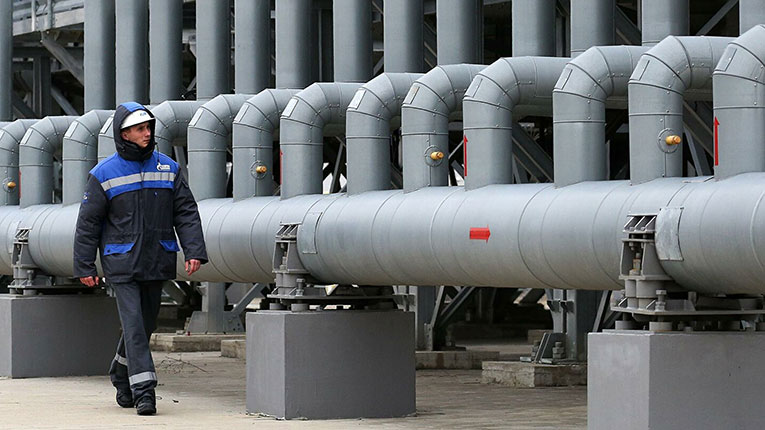Representatives of the EU states did not reach an agreement on Wednesday on an embargo on oil and petroleum products imported from Russia and a new meeting will take place on Thursday, according to sources quoted by Reuters. At the same time, the President Klaus Iohannis stated that Romania supports the Union’s initiative.
“Romania will be prepared and will cope, if this approach is finally wanted,” Iohannis said.
Bulgaria, Hungary, the Czech Republic and Slovakia are among the countries that have objected. According to a European Commission document consulted by EFE, the European Commission has proposed exceptions for Hungary and Slovakia, so that they would apply the embargo one year later than the other Member States.
However, Slovakia has demanded a three-year exemption period, while Hungary said it does not support the European Commission’s proposal in its current form, as it would seriously affect its energy security. Hungary could only support the proposed measures if oil imported from Russia through pipelines is exempted from sanctions, Hungarian Foreign Minister Peter Szijjarto said, according to Agerpres.
Bulgaria, in its turn, said it will ask the European Commission for exceptions to the Russian oil embargo. Bulgarian Deputy Prime Minister Assen Vassilev said that technologically Bulgaria could do without Russian oil, but such an embargo would have the effect of significantly raising fuel prices.
The Czech Republic has stated that, like Slovakia, it will ask for an exemption period of 2-3 years, during which time it will be able to increase its transport capacity via new oil pipelines.
In the new package of sanctions against Russia after its invasion of Ukraine, the European Commission on Wednesday proposed an embargo on Russian oil to enter into force after six months and an embargo on oil products to enter into force on December 31, 2022.
German Economy Minister Robert Habeck said his country agreed with the proposal, but warned that such an embargo could lead to fuel supply difficulties and rising prices.

